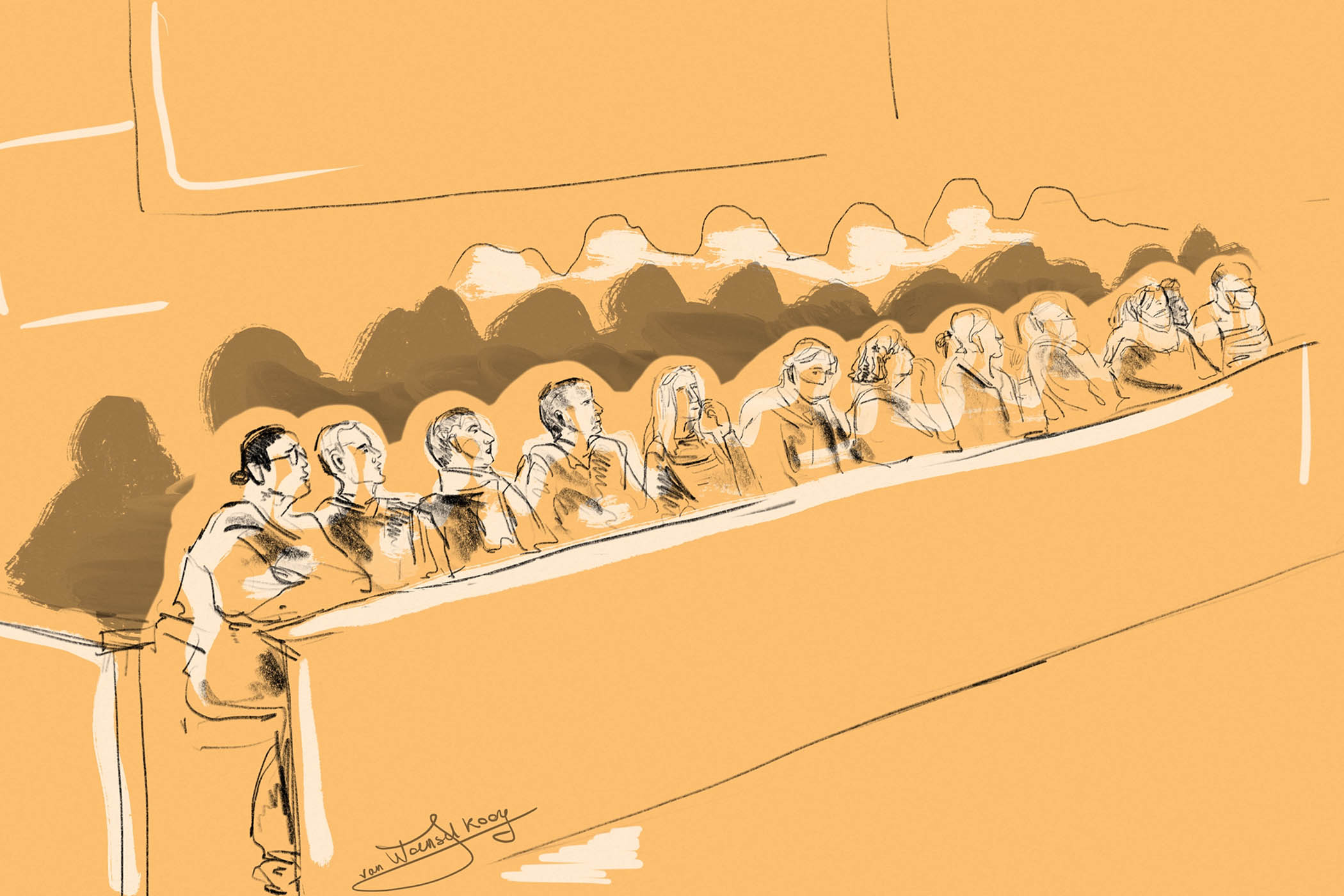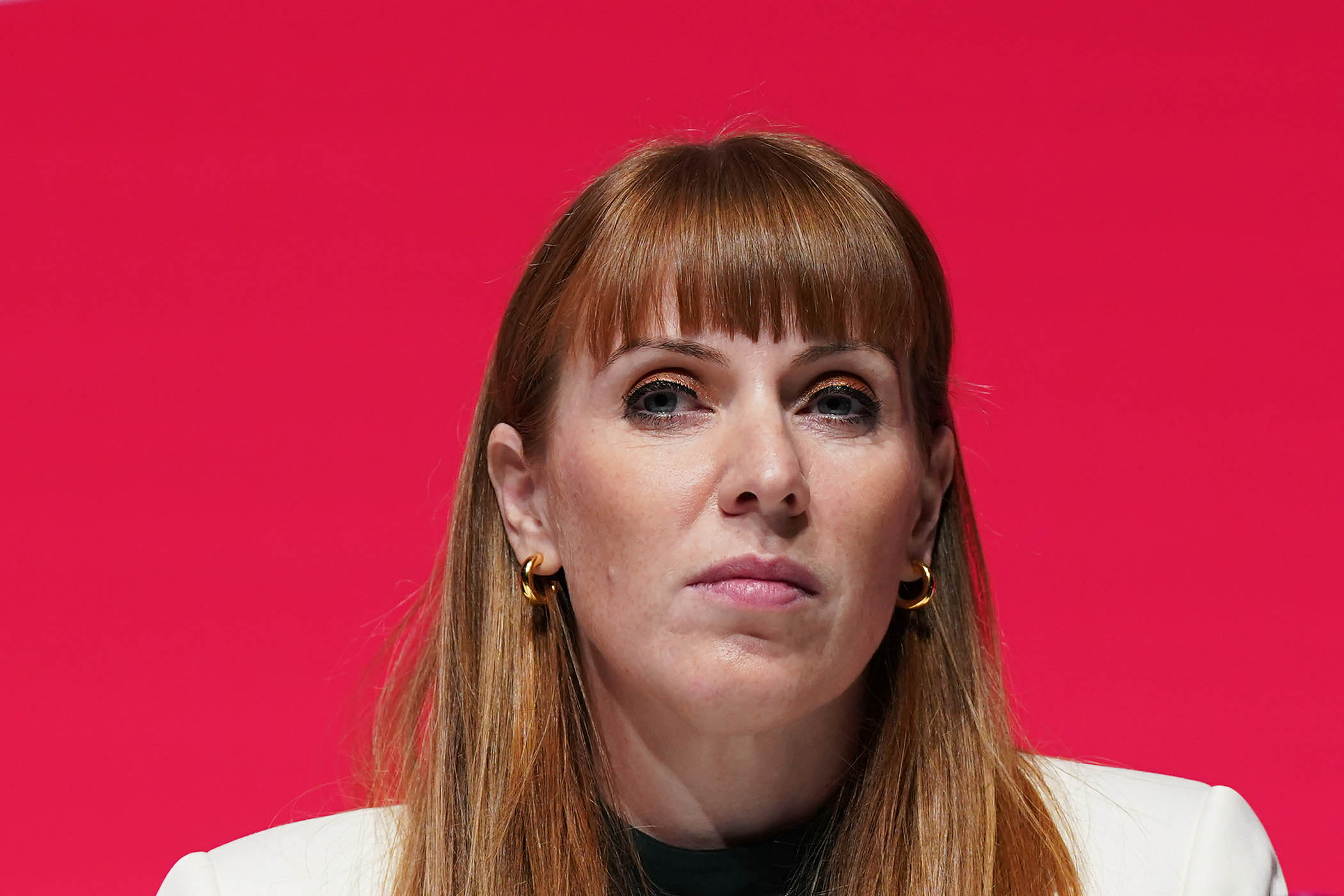Thousands of defendants in England and Wales will lose the right to a jury trial under government plans to tackle the spiralling courts backlog.
Sarah Sackman, the courts minister, told The Observer the proposal for a new intermediate court, involving a judge and two magistrates rather than 12 members of the public, was “an idea whose time has come”.
She said it was “absolutely shocking” that some rape victims are being told that their case will not be heard until 2029 because of delays in the system and she would do “whatever it takes” to speed up delivery of justice.
There are now a record 78,000 cases in the crown court backlog, leading to long delays for defendants and complainants. More than 4,000 of these are adult rape cases, a 70% increase on the number waiting two years ago.
The crisis in the courts is also contributing to overcrowding in prisons because around a fifth of those in jail are on remand awaiting trial.
“The state’s obligation is to deliver a fair trial,” Sackman said. “Timeliness is an inherent essential ingredient of fairness and when those delays reach the level that they have reached today, that is detrimental to the quality of justice that we are delivering to the public.”
At the moment, the most serious cases are heard in the crown court and the most minor are dealt with by magistrates, but there are a large number of “either way” cases where defendants can choose whether or not to be tried by a jury. This is leading to long delays for the most serious crimes because the courts are being clogged up with more minor offences.
Sackman said that in a “broken” criminal justice system defendants had an incentive to opt for a jury trial “because it puts off your trial date and my view is that more and more defendants are gaming the system because they believe, rightly, that victims and witnesses will pull out so maybe that day will never come”.
The “witness attrition” rate of people quitting proceedings caused 325 prosecutions out of 4,317 to collapse last year, compared with 62 in 2019. “We should prioritise swift justice over the defendant’s right to elect their mode of trial,” the minister added.
Her comments come as the government prepares to respond to a report published earlier this year by the retired judge Sir Brian Leveson, in which he recommended the creation of the intermediate division of the crown court. He also called for the introduction of judge-only trials for complex fraud cases and warned that without radical reform, there was “a real risk of total system collapse in the near future”.
Newsletters
Choose the newsletters you want to receive
View more
For information about how The Observer protects your data, read our Privacy Policy
The proposals have already provoked a furious political and legal backlash. Robert Jenrick, the shadow justice secretary, described the proposals as a “slippery slope” to abandoning jury trials altogether. The Criminal Bar Association (CBA), which represents practising barristers in courts across England and Wales, is also opposed to the idea of curtailing the right of defendants to choose to have their case heard by 12 of their peers.
“The criminal justice system is not just under strain – it is buckling and on the brink of collapse. As criminal barristers, we know that sound decisions are based on the careful consideration of all the relevant evidence,” said Riel Karmy-Jones, CBA chair. “There may be a temptation to reach for ‘radical solutions’ to alleviate the crisis. The motives behind that may be well-meaning, but it ignores much of the evidence, not least of the faith which the public have in the system of trial by jury.”
A survey of its members found that more than 90% are against plans to remove the right to a jury trial for all but the most serious offences.
However, the plan for an intermediate court is supported by five former lord chancellors, both Labour and Conservative, and two former lord chief justices.
Sackman insisted jury trials had been “a cornerstone of British justice since time immemorial” and would remain for the most serious crimes. But she said 90% of criminal cases were already heard without a jury trial, in the magistrates’ courts. “The debate that we’re having here is about where is the appropriate and the proportionate place to draw the line. Is a jury trial appropriate in a year-long trial for complex fraud involving cryptocurrency? Is a jury trial appropriate and proportionate for the theft of a Mars bar?”
The minister recently visited Canada, which operates judge-only trials for some cases and said she was “hugely impressed” by the efficiency and fairness of the process. “It is a totally normal feature of the Canadian system, and it works really well. There is no one who would say that the Canadian justice system doesn’t deliver justice for the Canadian public.” Judges also told her that juryless trials halved the time it took for a case to be heard.
Her trip to Toronto had convinced her that it was “right to prioritise the swifter justice that the public expects over the defendant’s right to elect for a jury trial in every single case that they can do now,” she said. “Everyone agrees that the status quo cannot hold. The justice system that was built decades ago isn’t fit for the way in which we deal with justice today because of the volume of cases coming into the system but also because of the nature of crime and evidence.”
Illustration by Janne Van Woensel Kooy/Belga Mag/AFP via Getty Images



